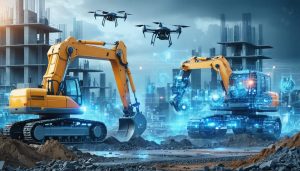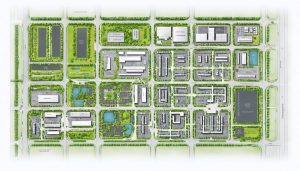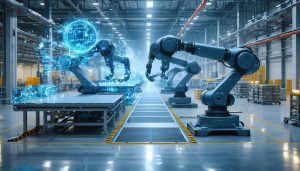
How Utility Infrastructure Shapes Modern Construction Projects
Utility infrastructure forms the foundational backbone of modern civilization, encompassing the complex network of systems that deliver essential services to communities and businesses worldwide. From power distribution networks and water supply systems to telecommunications infrastructure and natural gas pipelines, these critical frameworks enable the seamless operation of our built environment. For construction professionals and project developers, understanding utility infrastructure represents a fundamental requirement for successful project delivery and sustainable development.
The intricate interplay between various utility …









